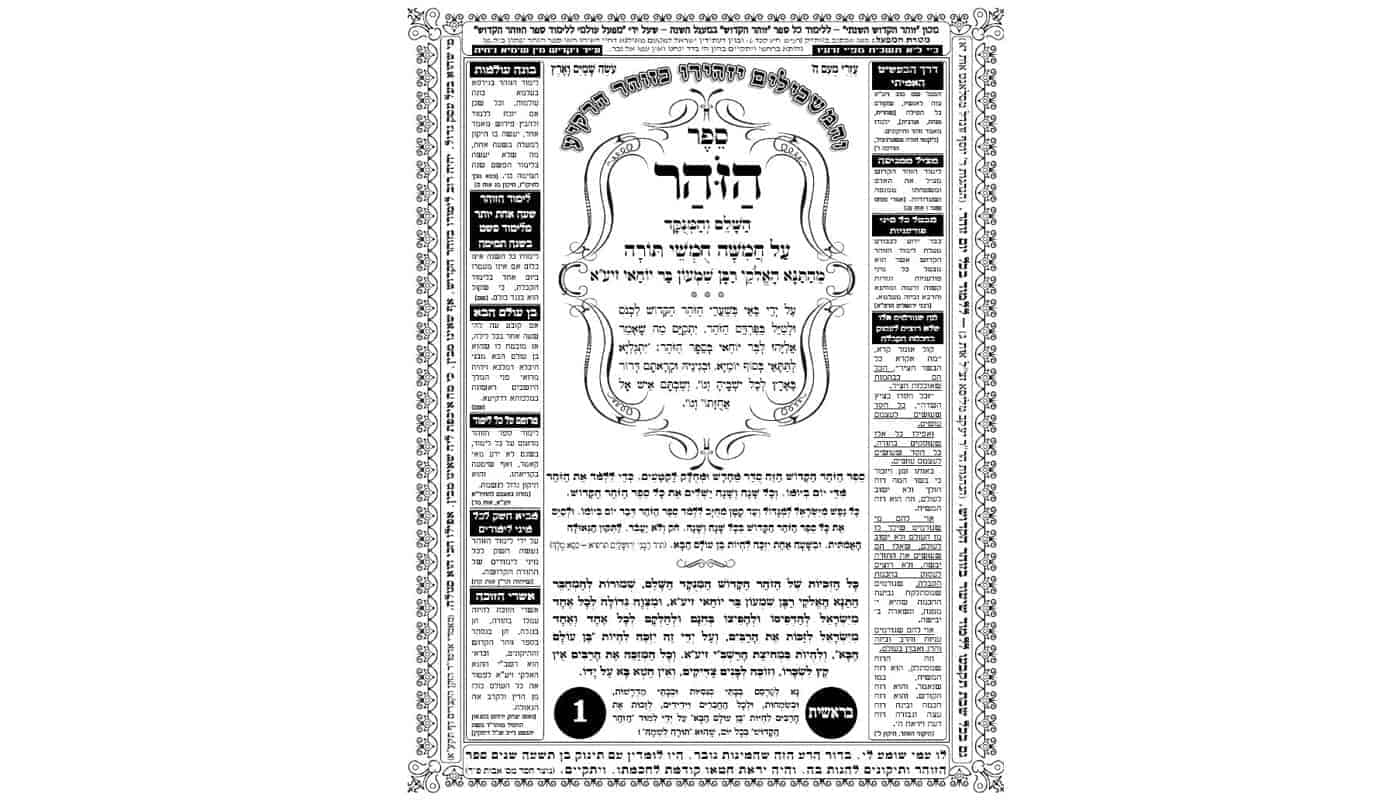The Light of the Zohar and the Candle of the Soul
We celebrated Lag B’Omer this week, marking, among other events, the transmission of Kabbalistic teachings by Rav Shimon bar Yochai to his students. The Zohar, written by Rav Shimon and his students is the central text of Kabbalah and is a vast, wide ranging work arranged around the Chumash, Five Books of Moses and the Five Megilot, the five scrolls. The language of the Zohar is a poetic, Aramaic, much of which is in the form of dialogues, discussions and stories. One section is entitled Tikunei Zohar and consists of seventy essays on the first word of the Torah. The Ra’ayah Meheimnah, the Faithful Shepherd, offers mystical explanations of the commandments, and the two sections known as the Great Assembly, Idrah Rabba, and the Small Assembly, Idrah Zutah, contain many of the deepest secrets of Jewish mysticism. Following is the Zohar’s interpretation of the custom of swaying during prayer and the study of Torah.
We arose and went on our way, the sun becoming stronger and more oppressive. We saw some trees in the wilderness with water underneath, and we sat down in the shade of one of them. I asked him [Rav Shimon bar Yochai]: How is it that of all peoples of the world, only the Jews sway to and fro when they study the Torah, a habit which seems to come natural to them, and they are unable to keep still? He replied: You have reminded me of a very deep idea which very few people know. He pondered for a moment and wept. Then he continued: Alas for mankind who go about like cattle without understanding. This matter alone is sufficient to distinguish the holy souls of Israel from all others. The souls of Israel have been hewn from the Holy Lamp, as is written, “The spirit of man is the lamp of the Lord” (Proverbs 20:27). Now once this lamp has been kindled from the supernal Torah, the light upon it never ceases for an instant, like the flame of a wick which is never still for an instant. So when an Israelite has said one word of the Torah, a light is kindled and he cannot keep still but sways to and fro like the flame of a wick…. (Zohar, Parshat Pinchas, Section 3, Page 219a, Vilna Edition)

